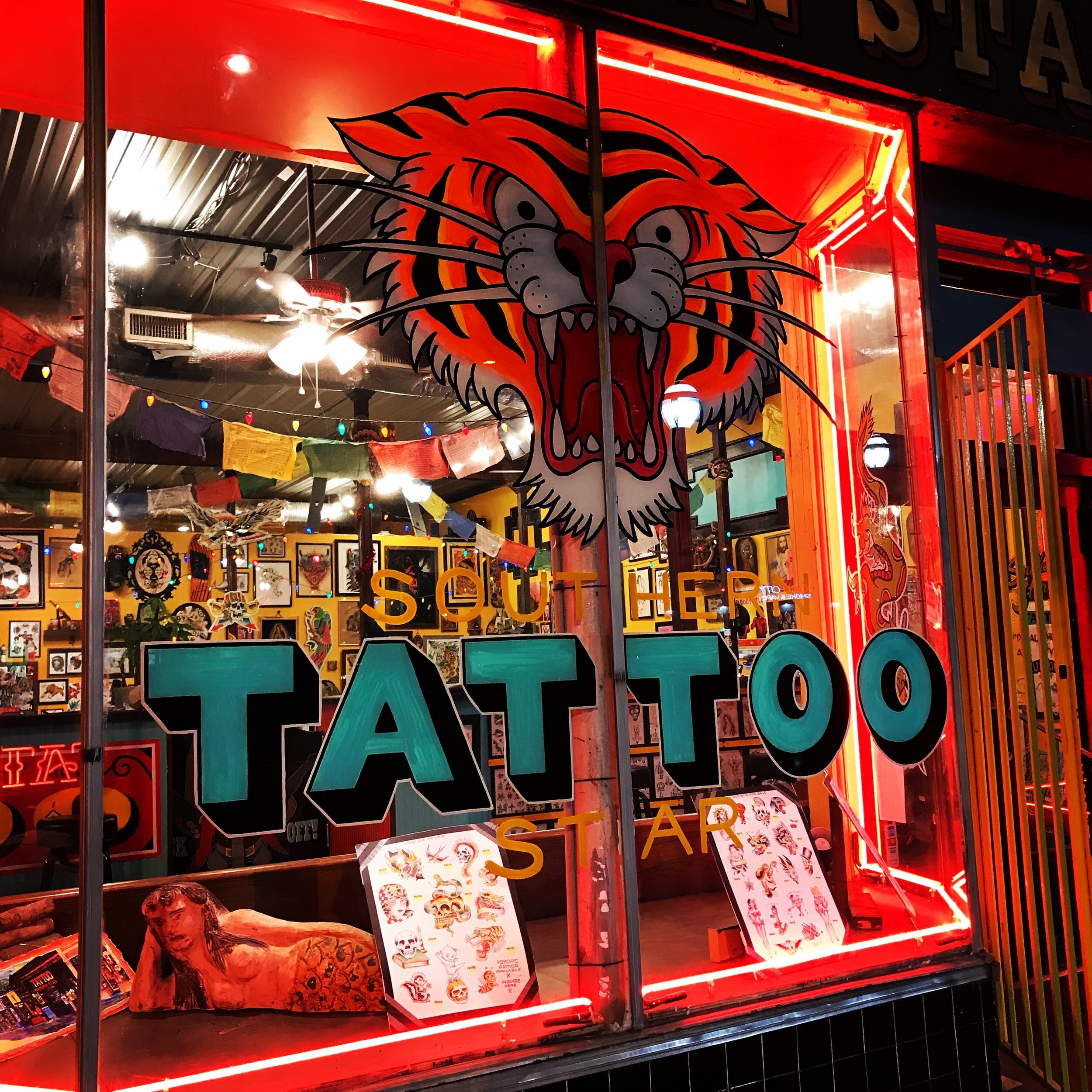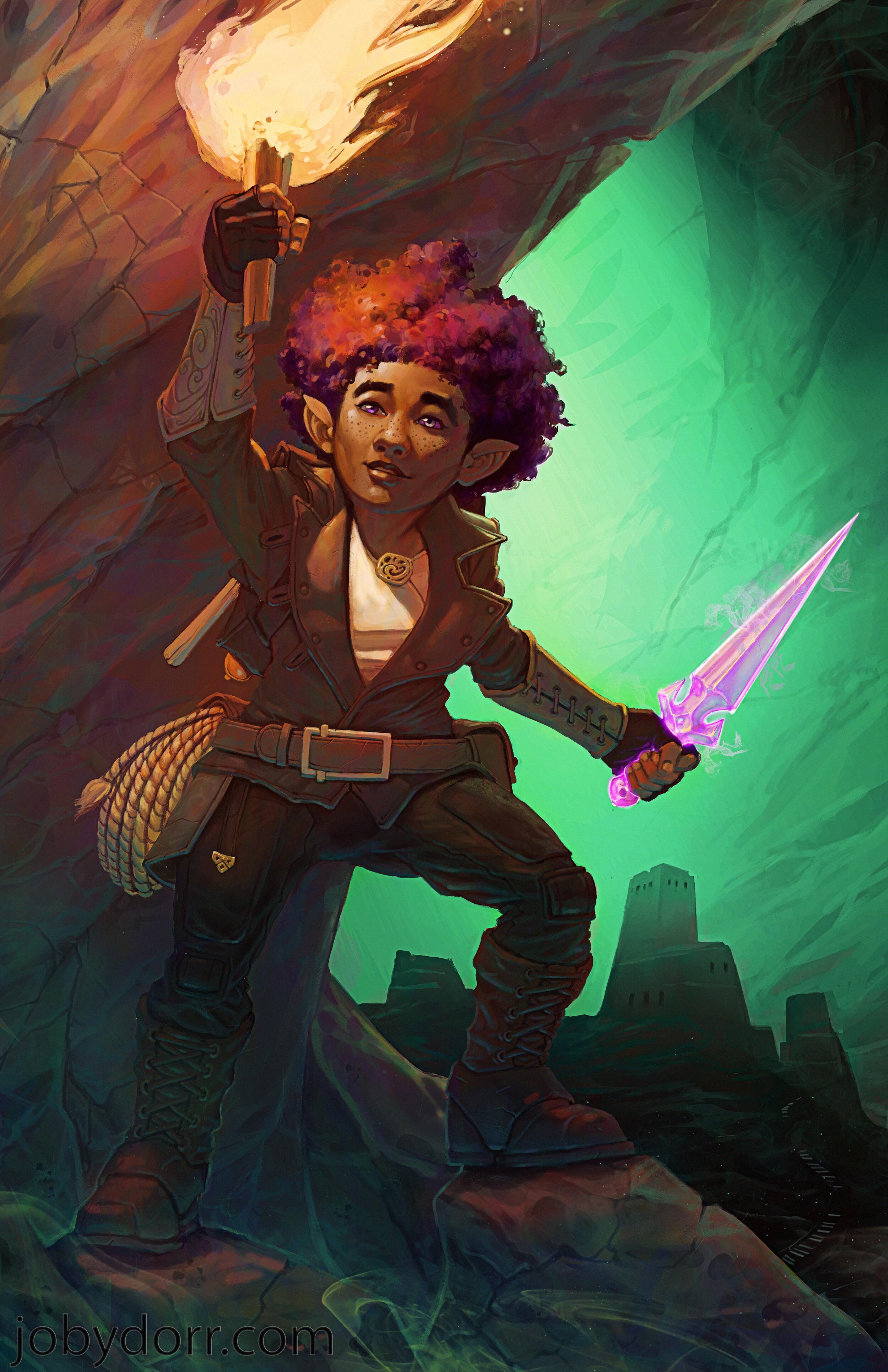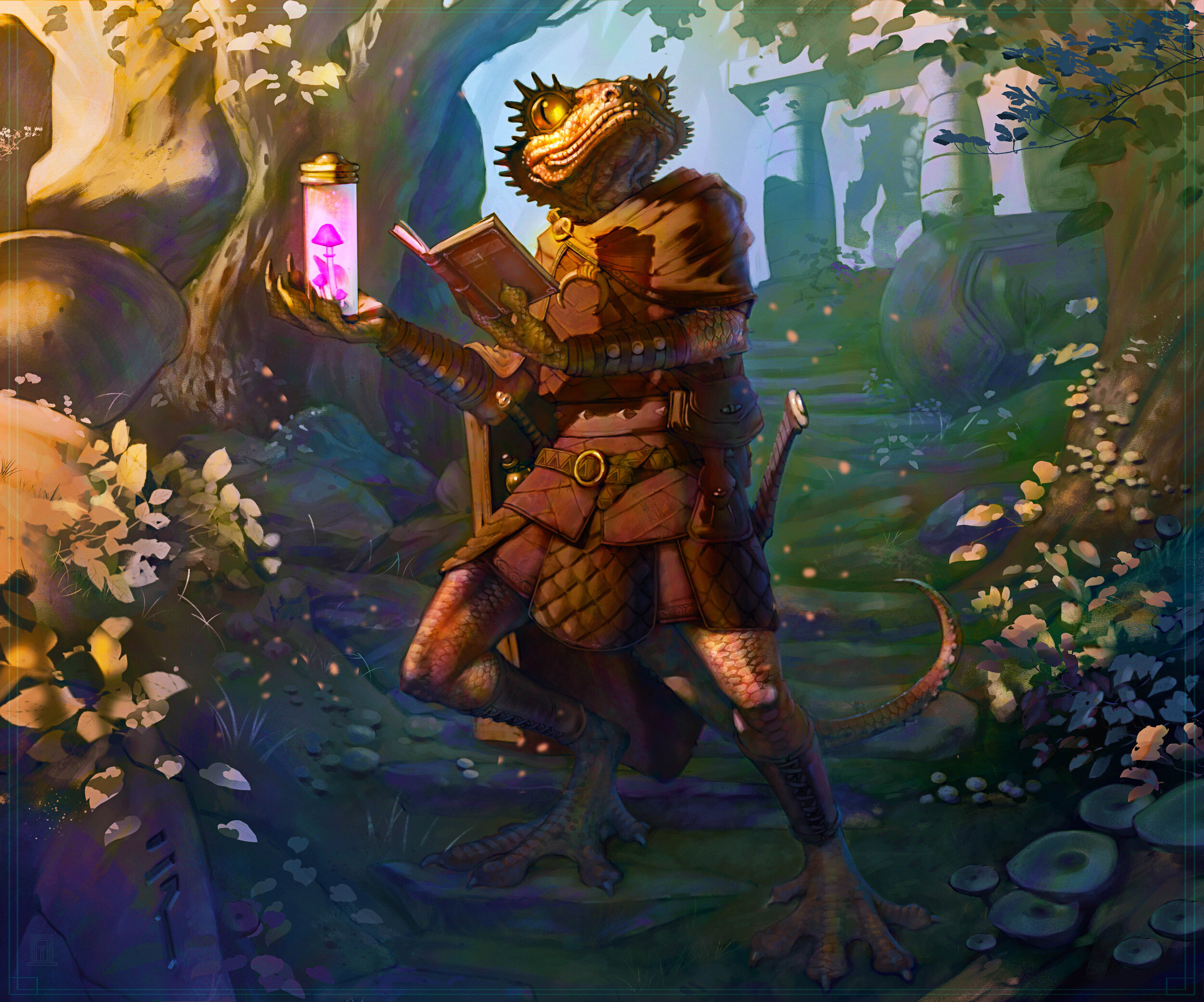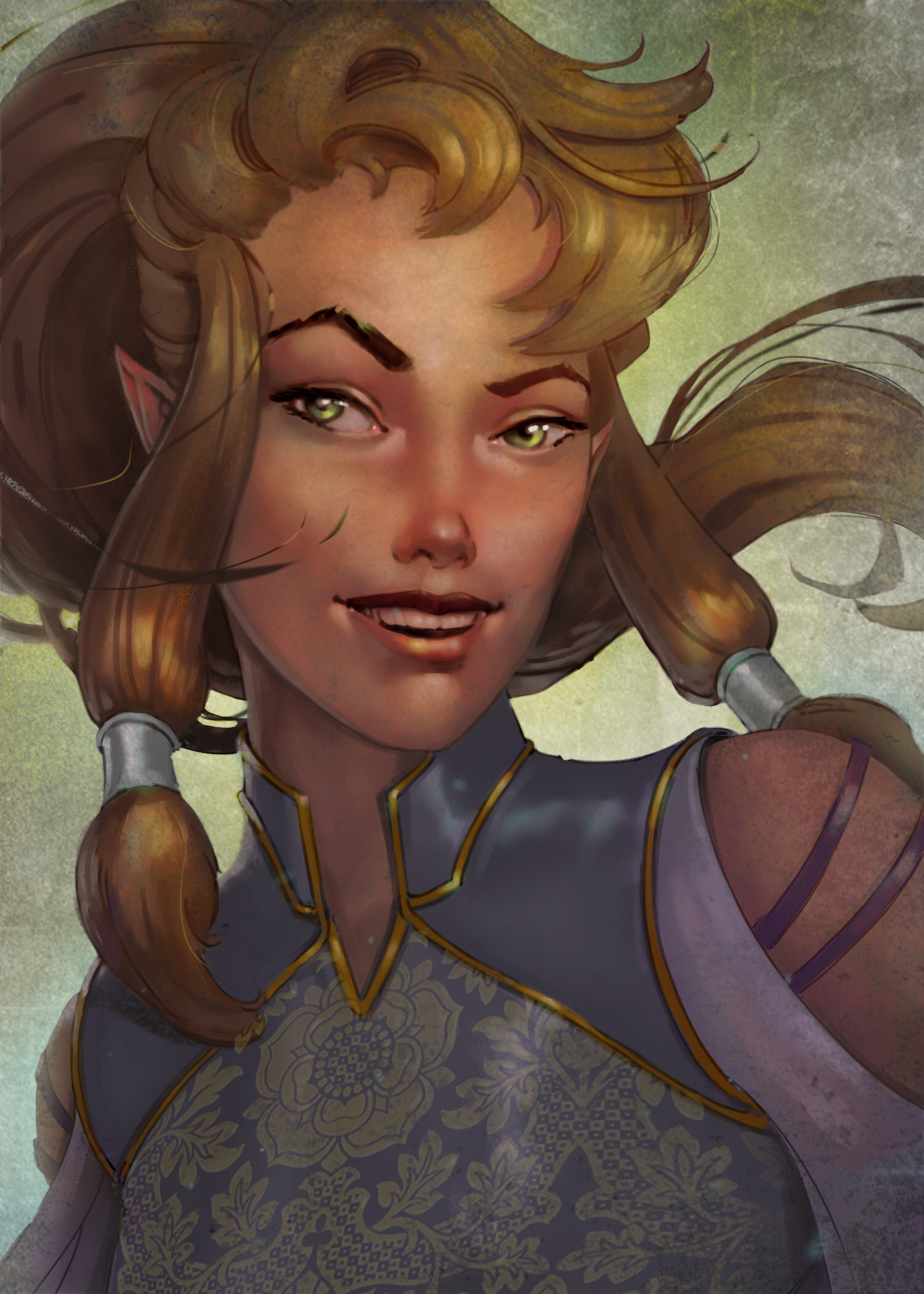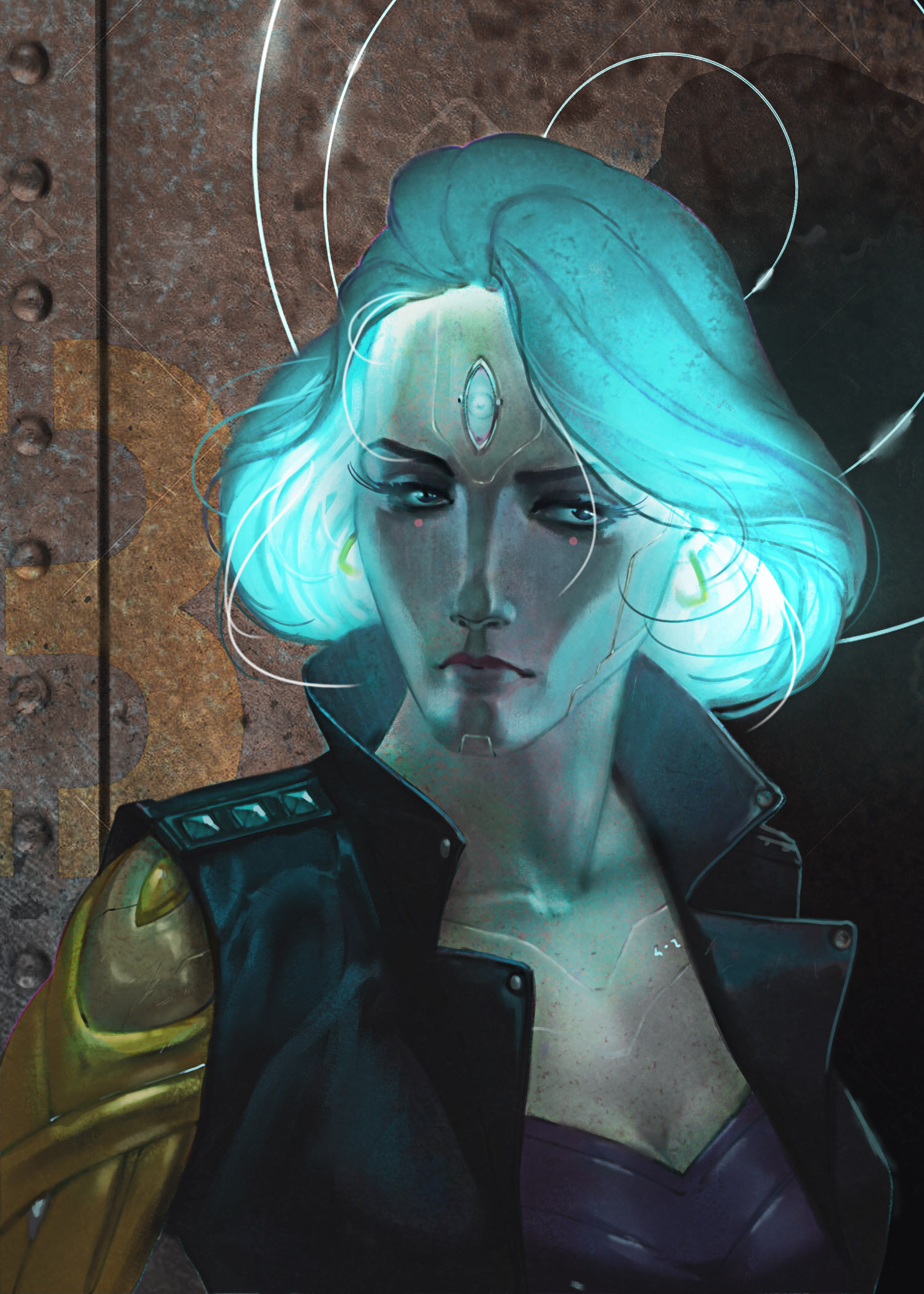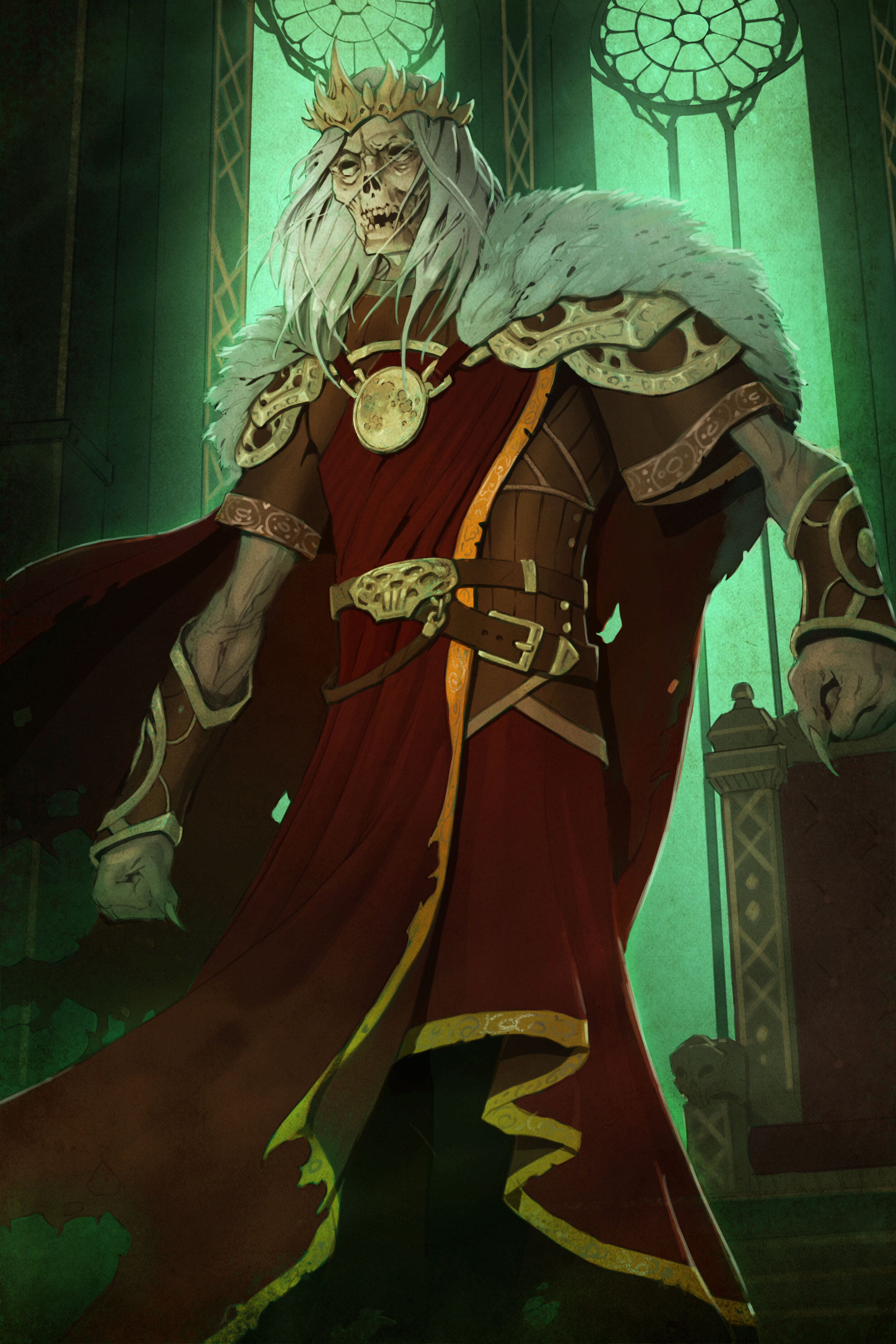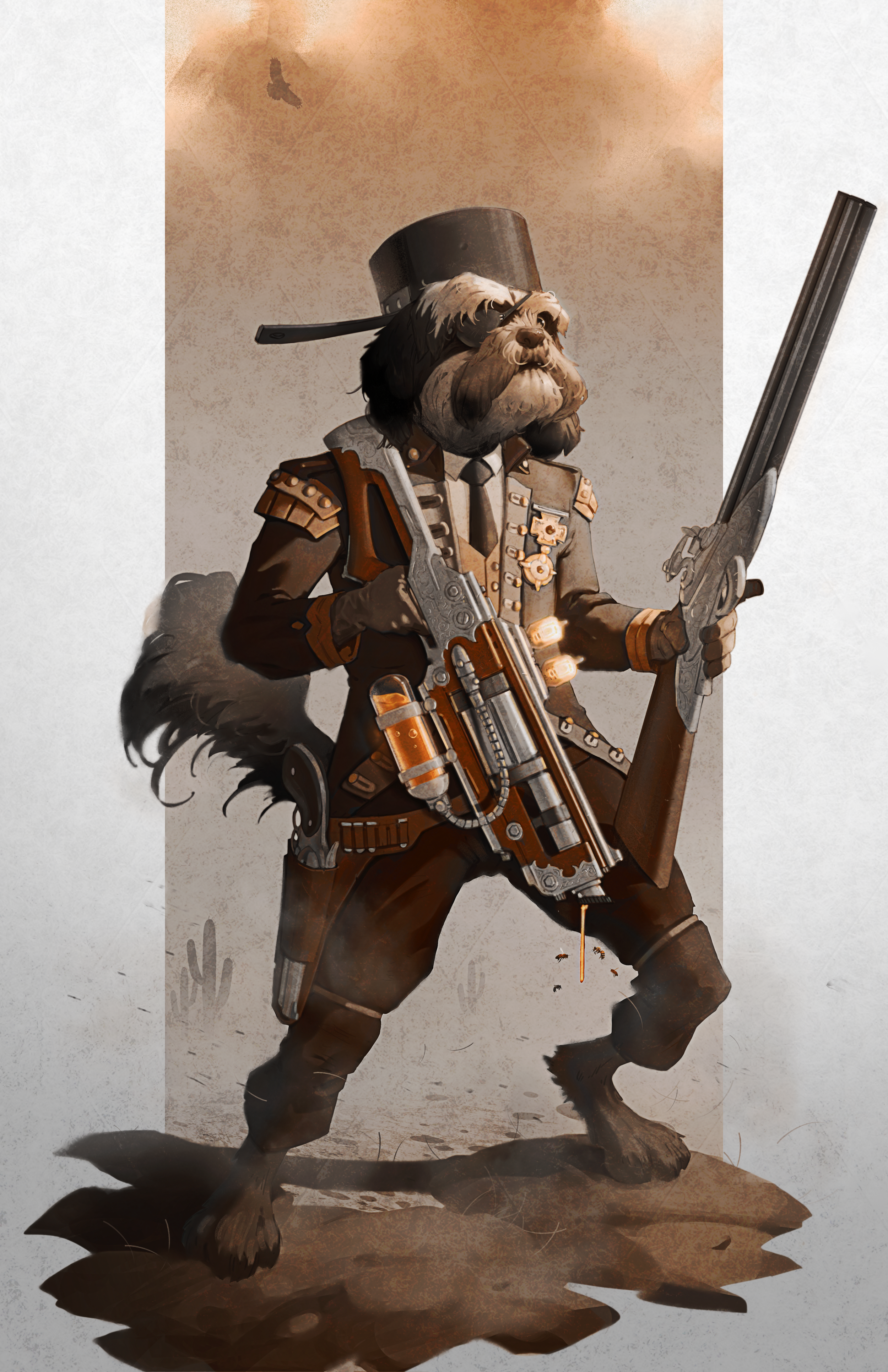How to Choose a Tattoo Shop
/You've finally committed to the idea of getting a beautiful tattoo design that you want on your body forever. You want your first tattoo to be good quality, but you're wondering how you can pick a good tattoo shop without having any experience?
You can choose a good tattoo shop by asking for recommendations from your tattooed friends and family, visiting local shops, and searching social media. You can usually tell if a tattoo shop is good by the attitude of the staff, the cleanliness of the shop, and the visible signs that they follow legal safety measures.
Keep reading to find out what makes a good tattoo shop and signs that a tattoo shop is clean and safe enough to get tattooed there. You can also find some helpful information on how you can choose the right tattoo artist for you so you can get the tattoo you want, whether walk-ins or appointments are better, how much a good quality tattoo costs, and more.
What Makes a Good Tattoo Shop?
You will see a few things right as you enter a tattoo shop that can give you an idea of the quality of work you will receive there.
A good tattoo shop is clean and follows procedures to ensure the safety of the clients. You can also tell a good shop by the attitude of the staff and their level of professionalism, as well as if they follow their states' tattooing regulations.
Now that you know some key signs that make a good tattoo shop, let's dive deeper into each one.
Professionalism
When you walk into a tattoo shop, you should be greeted by the staff relatively soon after entering. Sometimes all the artists are busy so have a little patience if it isn’t instantaneous. The impression on clients and guests is essential in showing whether the tattoo shop is reliable and trustworthy. You need to have trust in your tattoo artist to give you a quality tattoo, so the attitude that they put forth can make or break their business.
When you enter the tattoo shop, make sure to pay attention to the staff's tone and mannerisms. Do they kindly welcome you to the shop and offer to help you with what you need? When you ask them questions (and you may have many of them!), do they answer you with patience and enthusiasm, or do they sound bothered and uninterested?
A good tattoo shop will have professional staff members who will answer any of your questions or concerns without treating you like you're an annoyance.
Following Tattooing Regulations
Another crucial role of a good tattoo shop is following their states' tattooing regulations; this factor could mean the difference between a legal business or a shady one. Its not a bad idea to brush up on the regulations in your area.
Though tattooing laws will vary from state to state, in most places, tattooists are required to have some form of certification or registration that shows they are trained regarding bloodborne pathogens and compliant with their state's health department.
Also, feel free to ask and check that the tattoo artist who will be tattooing you has a valid tattooing license or permit.
If a tattoo shop you go to has staff that will tattoo people under the influence of drugs or alcohol or will tattoo minors, run far far away.
Cleanliness
Cleanliness is a very significant factor in a tattoo shop being a good choice. Whether a tattoo shop is clean can mean the difference between safe and healthy clients or their clients developing severe health issues such as bloodborne diseases and/or dangerous infections. Since a fresh tattoo is considered an open wound, there is a risk of infection if created using contaminated materials or in a dirty space.
In the process of tattooing, one or multiple needles are pricking thousands of tiny holes into your skin and pushing the tattoo ink into your epidermis. This means there may be small amounts of blood present and this blood may come in contact with other surfaces. Blood is a biohazard contaminant, so the tattoo shop must clean all surfaces using a bleach-based disinfectant or medical-grade Opti-Cide spray after each client.
Following Safety Procedures
Following safety procedures goes hand-in-hand with cleanliness in making a good tattoo shop but disinfecting surfaces is not the only safety measure that goes into maintaining a safe environment in a tattoo shop.
If the tattoo artist tattooed someone before you, make sure that they changed out all disposable supplies and have opened new packages for sterilized tools. These things could possibly contaminate your tattoo if not used correctly.
Tattooists should only use reputable ink brands. Unregulated or unproven inks can contain metal and solvents or other ingredients that are unsafe. Also, the ink that the artist uses shouldn't be expired. Expired inks can become contaminated with bacteria and fungus.
Once the area is prepped and the ink poured, the client’s skin is prepped as well. The tattoo artist should shave any hair in the area they will be working on and disinfect the skin with a medical-grade, liquid soap or rubbing alcohol. These steps will prevent the tattoo needle from pushing contaminants on the skin into the tattoo, causing an infection.
Once the tattooing process is over, the last safety procedure a tattoo artist should follow through with is instructing the client for tattoo aftercare. This is important because if the client doesn't know how to care for the tattoo properly, it could:
Distort the tattoo
Cause scarring
Become infected
How Do You Know if a Tattoo Shop Is Clean and Safe?
Though a tattoo shop may look clean upfront, the tattoo artists or apprentices could be improperly disposing of hazardous materials, reusing contaminated tools, or using unfit equipment to sterilize their non-disposables. A few things you can scope out in a tattoo shop that shows they are both clean and safe are listed below.
Biohazards Are Properly Disposed Of
You can tell when a tattoo shop is clean and safe if there is an OSHA-approved sharps box used for disposing of used needles because this shows that hazards are being disposed of properly. A sharps box should be close to the tattooing stations and in a fixed position where it won't get knocked over and cause its contents to spill out.
Tattoo artists should always put their used tattoo needles or tattoo needle cartridges into the sharps box. They should also schedule regular waste removal pick-ups for their sharps boxes according to how many tattoos they give in a day; an overflowing sharps box is dangerous and shows that a tattoo shop might be sketchy.
Their Materials Are Medical-Grade & Disposable
Tattoo shops using medical-grade and disposable materials is a sure way to show their clients that they are safe and clean because everything is new and sterilized for each client, minimizing chances for contamination.
Medical-grade tattoo needles and tattoo tubes come sterilized and individually packaged. If you are concerned, ask your tattoo artist to show you their supply of sterilized equipment or open new packages in front of you. Needles aren't reusable, so be sure that the tattoo artist only uses newly opened ones for each client!
Additionally, the ink caps that tattoo artists use to hold the different inks that will be used for your tattoo are disposable and should not be reused because they can't be sterilized. Reusing ink caps or not using them at all and sticking the tattoo needle directly into the ink bottle can cross-contaminate their materials and cause nasty infections.
Non-Disposables Are Sterilized by an Autoclave
While this machine might be hard to spot if it is located in the back of a tattoo shop rather than the front, an autoclave is a crucial addition to any tattoo shop that uses non-disposables.
An autoclave is a machine where you can put your non-disposable, stainless steel equipment inside to be sterilized. The sterilization process uses hot steam that usually measures about 270 degrees Fahrenheit for an extended period to kill off any microorganisms, spores, or bacteria that may be left on the parts after using them for tattooing.
Instead of using disposable tattoo tubes, tips, and grips, some tattoo artists prefer surgical stainless steel ones. This is because they have more of a weight to them, making the tattoo machine easier to control. Metal parts such as these can be sterilized using an autoclave machine, while plastic ones can't because they will melt. Plastic tubes and cartridges should be disposed of between tattoos.
Some tattoo shops may use makeshift autoclaves like pressure cookers and toaster ovens. However, these are not acceptable and are significant causes for concern because they don't reach the same temperatures and therefore will not sterilize the equipment. Be sure to look around or even ask the tattoo shop's staff if they use a proper autoclave.
How to Pick a Tattoo Artist
Now that you know all of the safety precautions, you can move on to picking a tattoo artist to get one step closer to getting your tattoo.
You can pick a good tattoo artist by asking for recommendations, researching social media, and looking at their portfolios. Take your time and do as much research as you feel comfortable with. And, don’t be afraid to ask lots of questions!
You don’t have to be an experienced artist or aficionado to know what to look for. Here are some tips to help guide you:
Ask for Recommendations
If you have friends or family with tattoos, ask them which tattoo shop(s) they went to get them and what their experience was like. You can even ask people you see in public the same question if you're confident enough; most people with tattoos love talking about them, so they probably won't hesitate to answer your questions but always approach people with respect. Ask politely if they won’t mind letting you see their tattoos and ask them questions.
Asking for recommendations to pick a tattoo artist is also great because you see firsthand what their work looks like. Sometimes it's hard to tell if a tattoo artist is good or not by just seeing the art on their flash sheets; you can erase lines and make them look better when drawing on paper with a pencil, but tattoos are permanent. You want to be sure the artist you are going to has the skills needed for crafting high-quality work.
Search Social Media
Once you've asked around for recommendations for tattoo artists, you can look them up on social media or start your search there. Platforms like Instagram and Facebook are great ways for you to find information about the tattoo artist's, see their schedules, their tattoo shop's location, and sometimes even book appointments. You can also communicate with the tattoo artist if you have any questions about their work.
Look at Portfolios
Looking at a tattoo artist's portfolio is a crucial step to choosing the right one for you. Seeing what kind of work the tattooist does can help you determine if they're a good artist with original concepts and designs or if they have an art style that will suit your tastes.
Keep in mind that during this part of the process you are looking at style and skill more than specific pieces of subject matter. In other words you don’t have to see a lot of tigers (or any) to know that a tattoo artist can tattoo a tiger. If they have tattooed everything else in their portfolio with skill and care, then they can probably do the subject matter you want, even if you don’t see exactly what you are looking for.
If you want to know more about what they do or do not prefer to work on (or if they even have any strong preferences) don’t just make assumptions; ask questions
Here is a list of how you can determine a tattoo artist's work is quality when looking at their portfolio:
Linework: Take a look at the lines in their tattoos. Are they solid and smooth, or are they shaky? Does it look like they were done in one pass, or are they noticeably joined or unmet? look for light spots or inconsistencies where elements should be filled in and are not.
Lettering: Can you understand the words in the tattoo, or is the calligraphy unreadable? Are the words spelled correctly?
Shading: If there are large areas of color or black and grey with blending, is it shaded evenly, or is it blotchy?
Coloring: If the tattoo is in color, are the pigments even, or do they vary in saturation in some spots? Are the colors inside the lines?
Consistency: Does the artist show consistency of quality in their work?
Now that you know how you can pick a tattoo artist, let's move on to how you can get the tattoo you want.
How Do You Get the Tattoo You Want?
You might have an original idea for a tattoo that doesn't exist yet, and you don't have the skill it takes to bring your thoughts to life. In this case, what are the steps you can take to get the tattoo you want?
You might already have a specific image in mind or you might need a custom design drawn from scratch. If your idea is very specific you might still be flexible about how it actually looks on paper and how the artist will interpret it. Or you might have your heart set on a specific artist and be a bit more vague on the actual concept. There are many considerations and all these types of variable will influence your decision for who to tattoo and what you want tattooed.
First, Do Your Research
There is a huge variety of styles in tattooing. Some artists specialize in one specific style and some blend and mix or experiment with a few different styles to find their own unique vision. No matter what your taste, chances are you will be able to find an artist whos style appeals to you.
Some examples of tattooing styles include:
Think About Your Design.
This part of the process goes hand in hand with research. When you are coming up with an idea for your tattoo, you want to think about what you need for the art. If the concept is something that doesnt exist yet then you will need a fully custom image drawn from scratch. If that is the case, part of your research in finding an artist should take that into consideration. Will they be willing and able to accommodate your needs for a fully custom image?
If you have a very specific image already picked out, most artists can replicate a design that will look good as a tattoo. However you will want to talk with the artist who you want to tattoo you about your design to make sure it does meet the criteria for a well crafted tattoo. Not all pieces of art will make good tattoos, there are restrictions to the medium and your artists will be able to discuss all those things with you.
Make an Appointment.
If you have an idea for a tattoo that will need to be designed from scratch or customized in some way you will need to meet with the artist to discuss you idea. Even if you already have a design in mind or an image already printed and ready to go, you may still need an appointment if the tattoo shop or artist you want to be tattooed by is very busy.
Depending on the lengths of detail and size of the piece you want to get, you might even have to create multiple appointments for different days for the tattooist to finish it.
Talk to your artist about what they think is the best plan of action for scheduling your tattoo.
Can I Just Walk Into a Tattoo Shop?
Maybe you're itching to get a tattoo, and you just happen to be close by to a tattoo shop. You need instant gratification But you’re wondering, can I just walk into a tattoo shop?
In many cases you can walk in to a tattoo shop as a “walk-in” but there are no guarantees the shop will have an artist available to do the work. Often times you may see a sign that says “walk-ins welcome” or you can call to various shops asking if the have openings ahead of time.
Some shops will ONLY work by appointment or will only be doing larger, custom images. However, if you are not dead set on a specific tattoo shop and are able to quickly get around town to the first availability, the chances are good you can find an artist in your area who has the time when you are feeling the urge!
How Much Does a Good Quality Tattoo Cost?
Keep in mind the question of “how much does a tattoo cost?” is sort of like asking “how much does a car cost?” There are many many variables that go into determining the cost of a tattoo and lots of questions need to be answered first but there are some general estimates you can use to ball park.
Most reputable tattoo shops will have a minimum fee, usually about $100 USD. The price of a tattoo is calculated at an hourly rate from there, usually ranging between $150-300 per hour. Small tattoos of palm size or less can often be done in about an hour. A tattoo that covers a whole arm could be 25+ hours.
This mind sound expensive but remember, you don’t pay for a large tattoo all at once. If your tattoo is a large custom piece that will require multiple sessions to complete, you will be paying as you go. With this in mind think of it as any other large purchase that you plan for in your budget. If your budget will allow for a payment of a couple hundred dollars a month (or slightly more depending) then you are ready for that big back piece! You don’t have to have thousands of dollars already saved up.
Can You Negotiate Tattoo Prices?
Once you've heard the price it might cost for a good quality tattoo, you might be wondering if you would be able to negotiate with your tattoo artist for a lower price.
It isn't recommended that you negotiate tattoo prices. Not only is this considered rude but tattooing is a service industry as much as it is a product. Think of other products and services you regularly purchase and consider whether negotiation is acceptable in those circumstances and if not, why not.
You wouldn’t walk into the supermarket and haggle the price of milk, or the price of shoes at the mall. If you tried to do that, they might ask you to leave and the same results could happen in a tattoo shop. Its best to respect the skill and quality of the artist and pay them what their time is worth.
How Much Do the Best Tattoo Artists Charge Per Hour?
This will vary from region to region and these prices are presented in $USD.
A well trained tattoo artist who has been practicing a couple of years after their apprenticeship could charge up to $150 per hour. Ten or more years of practice, with a long client waiting list can equate to $200 per hour. Highly sought after tattoo artists may even charge as much as $350 per hour or more.
That might seem like a lot but keep in mind tattoo artists probably aren’t tattooing for 8 hours a day straight and they don’t keep every penny. A percentage of the money they earn will be paid to the shop they work at for all the hosting services provided by the shop. Tattoo artists also have to buy much of their own materials and supplies. They have to buy their own health insurance and endure more tax burdens because they are considered to be self employed.
Tattooing is very hard work and it takes years and years of determined focus to acquire the skills necessary to provide work that will last you for the rest of your life.
Do Tattooists Prefer Cash?
Now that you know the price ranges for getting a good-quality tattoo from the best artists, you might be wondering what forms of payment a tattoo shop will accept.
The form of payment that tattooists accept honestly depends. Some will take many forms of payment, from cash to credit card to PayPal. However, cash is usually preferred as there are fees that you and the tattooist will have to pay if any other form of payment is used.
Do Tattoo Artists Get Romantically Involved With Their Clients?
This might seem like a random, out of place question but I think its worth addressing here. Not only does the question come up often, but the issue of consent is a big topic of discussion in the world right now.
It is not unheard of for a romantic relationship to develop between tattoo artists and their clients and consenting adults can do whatever they like with each other and no one should judge. However, it would be very inappropriate for a tattoo artist to initiate any interaction outside of the professional service they provide.
Just as no one expects to get hit on by their doctor or their psychologist or anyone else who interacts with people in a very intiamte situation, the same should be said for tattoo artists and their clients.
If your tattoo artists is hitting on you and you don’t feel comfortable then don’t continue to get tattooed there.
Thanks For Reading!
If you ever want to ask questions or discuss anything you read here please feel free to reach out through the contact page or visit my Twitch channel and ask me anything in real-time! I stream Wednesday-Friday 10 am-3 pm PST.
I also co-host a podcast for artists called Art Condition where we discuss the business and mindset for artists. Click here to see past episodes and subscribe on your favorite platform.
